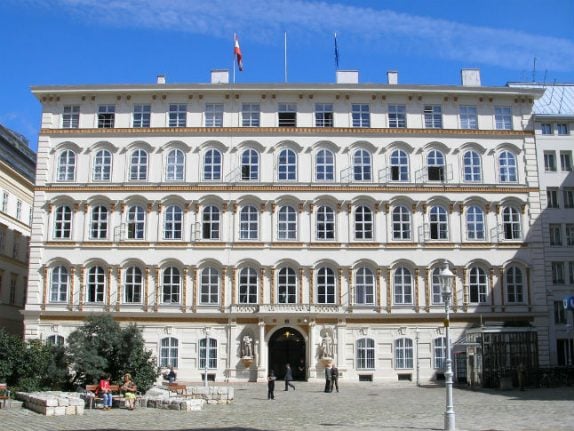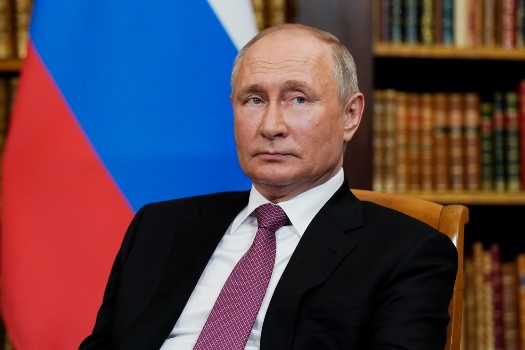- Austria shelves German spy probe after running out of leads
- Austrian MP has evidence of Turkish surveillance abroad
- Germany 'spied on Austrian internet traffic'
DATA
Austria’s Foreign Ministry hit by ‘serious cyber attack’
Austria's foreign ministry is facing a "serious cyber attack", it said late on Saturday, warning another country could be responsible.
Published: 5 January 2020 07:44 CET

The Foreign Ministry building on Minoritenplatz, Vienna, back in 2006. Photo: Gryffindor/Wikimedia Commons
“Due to the gravity and nature of the attack, it cannot be excluded that it is a targeted attack by a state actor,” it said in a statement with the interior ministry shortly before 11.00 pm, adding that the attack was ongoing.
“In the past, other European countries have been the target of similar attacks,” it continued.
Immediate measures had been taken and a “coordination committee” set up, it said, without elaborating.
READ ALSO:
The attack came as Austria's Greens on Saturday gave the go-ahead to a coalition with the country's conservatives at a party congress in Salzburg, removing the last obstacle to the unprecedented alliance.
The German government's IT network in 2018 was hit by a cyberattack.
Last year the EU adopted powers to punish those outside the bloc who launch cyberattacks that cripple hospitals and banks, sway elections and steal company secrets or funds.
Url copied to clipboard!


 Please whitelist us to continue reading.
Please whitelist us to continue reading.